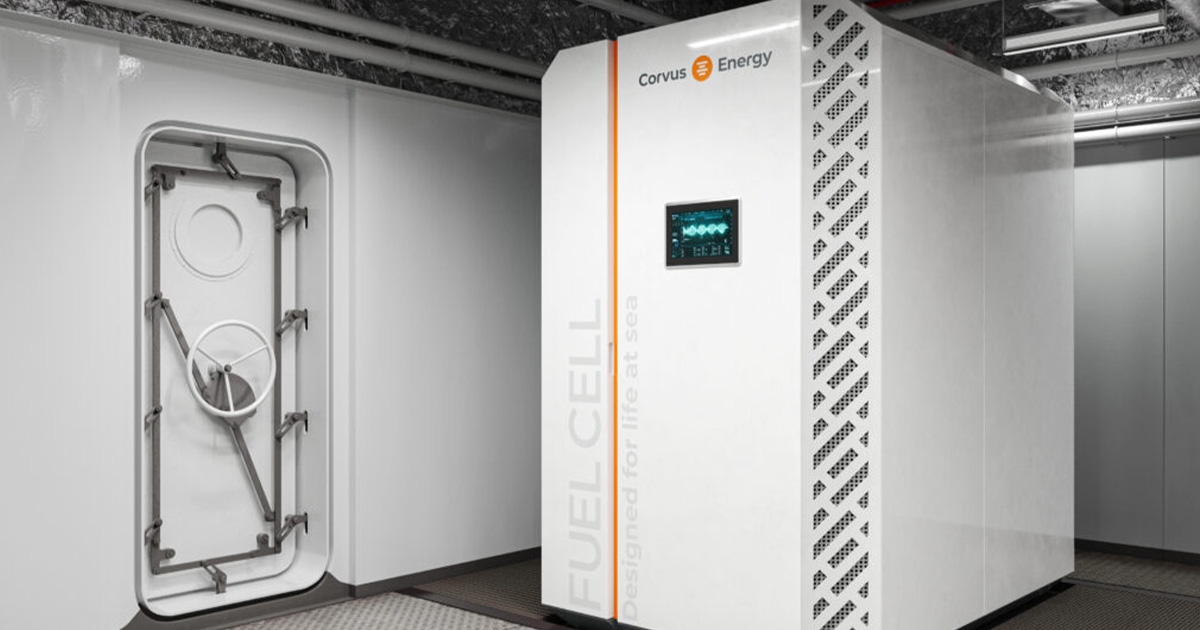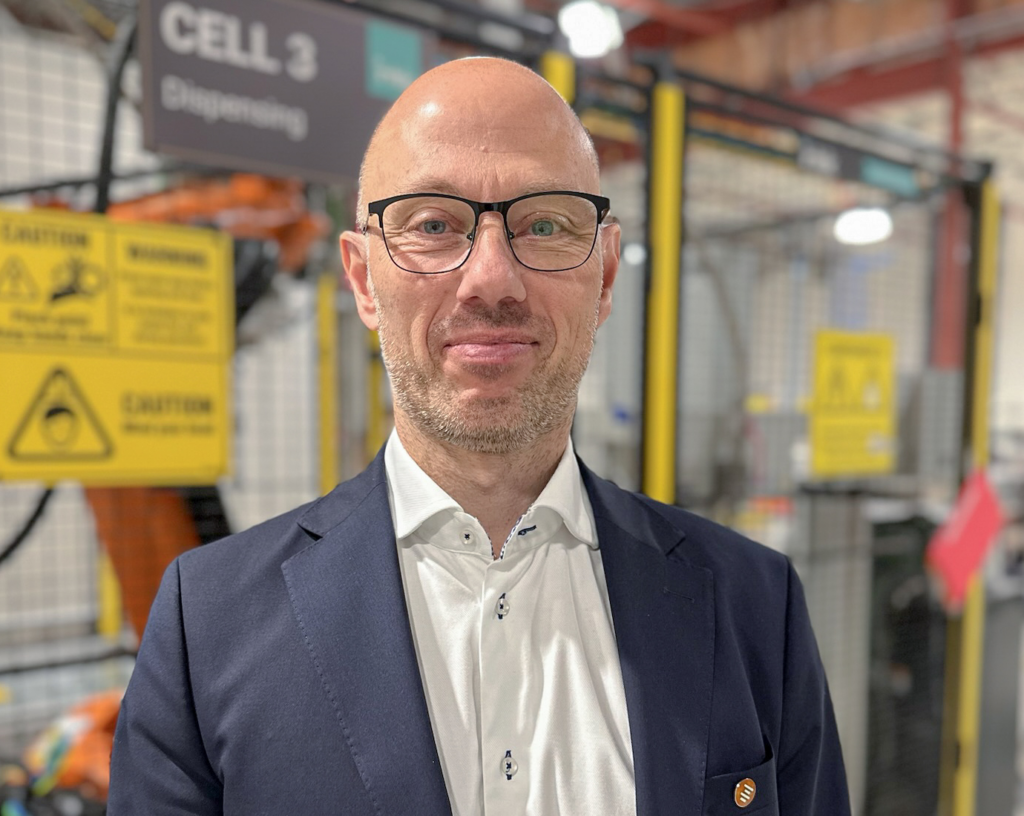Corvus Energy Awarded Funding for Integration of Ammonia Cracker Technology with Their Pelican Fuel Cell System

Corvus Energy, the world’s leading provider of zero-emission solutions for the maritime industry is pleased to announce that the Company is awarded funding for the integration of ammonia cracker technology with their Pelican Fuel Cell system.
The project, titled “APOLO”, is a collaboration between several partners and aims to solve the challenges of power conversion from ammonia and develop an efficient and flexible ammonia cracking technology for the maritime sector.
The four-year program will demonstrate power conversion from commercially available Fuel cell systems using hydrogen from ammonia cracking with a power output of 125 kW. The program will also test an ammonia cracker coupled with a novel ammonia engine running on an ammonia/hydrogen blend to compare the different technologies.
Partners in the project in addition to Corvus Energy are; H2Site, Tecnalia, Technische Universiteit Eindhoven, 1 CUBE, Chalmers Tekniska Hogskola, Nuvera, Astander, Fertiberia and LEC GMBH. Tecnalia will be the coordinator of the project.
 Svenn Kjetil haveland, VP Development Projects at Corvus Energy. (Image credit: Corvus Energy)
Svenn Kjetil haveland, VP Development Projects at Corvus Energy. (Image credit: Corvus Energy)
Through the program, Corvus Energy will work with H2Site and the other partners on the development, integration, testing and demonstration of the ammonia cracker and their Corvus Pelican PEM Fuel Cell. In addition, Corvus Energy will lead a work package developing a business case for these systems used onboard ships.
Project outcomes will advance zero-emission shipping and be a step forward for the use of ammonia in maritime transportation.
“We are very grateful for the opportunity to collaborate on this exciting development. In decarbonizing the maritime sector, ammonia will be an essential part of the energy mix for ships sailing the longest routes and that also emits the most,” Svenn Kjetil Haveland, VP Development Projects explains and continues, “there are no commercially viable ammonia solutions available for the ship-owners as of today. Developing advanced methods for cracking ammonia and demonstrating scalability and overall system efficiency is an important step forward.”
The project funding is part of the Horizon Europe Framework Program, Horizon-CL5-2023-D5-01. The technologies developed in APOLO will be capable of targeting the first 30,000 ships in the market. Initially, the focus will be on vessels with 1 to 10 MW propulsion, with a significant number of them being around 3 MW in the next decade, as these are the first vessels relevant for ammonia-powered solutions.

